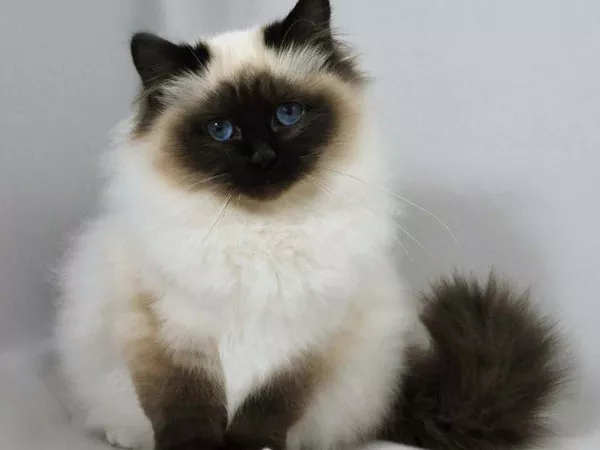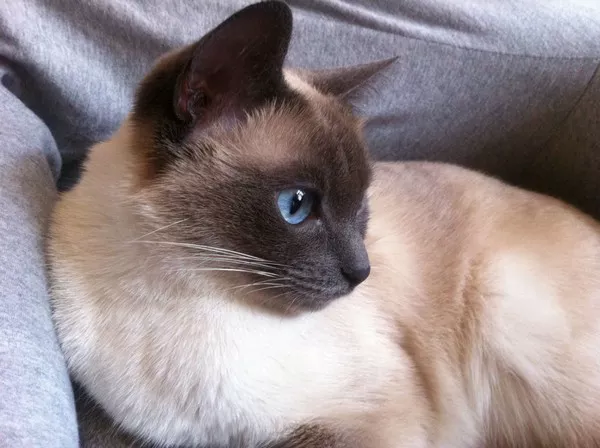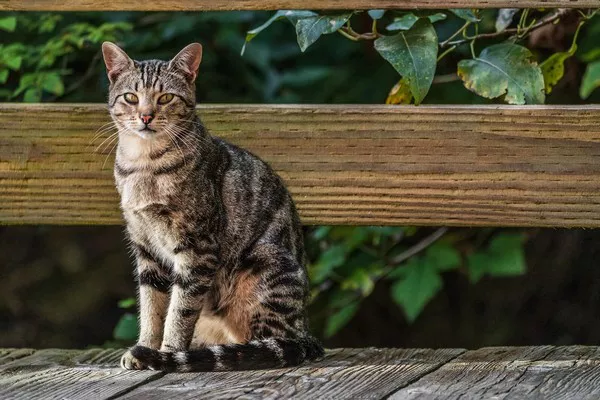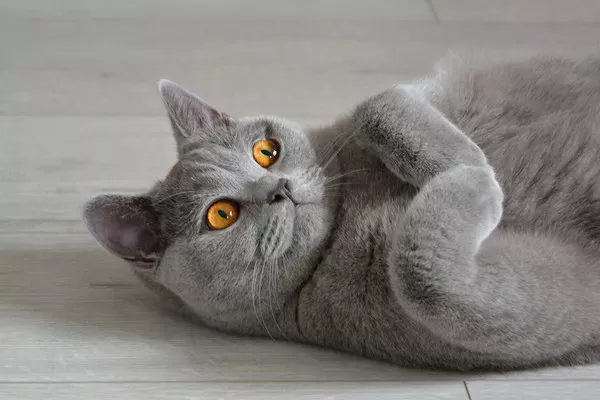A 9-year-old black cat named Tapenade, who battled seizures and spent a remarkable 814 days at the Dutchess County SPCA, a no-kill animal shelter in Dutchess County, New York, has finally found her forever home. This heartwarming adoption story took a special turn when Tapenade was welcomed into the life of a person who understands her condition all too well – someone with epilepsy.
Previously known as Annie, Tapenade has been grappling with Feline Hyperesthesia Syndrome (FHS), a neurological disorder characterized by small focal seizures. When she first arrived at the shelter, the seizures led her to chase and bite her tail, though her condition remained unknown at the time, as stated in a press release.
The path to her diagnosis was not without hurdles. Suspecting FHS, the shelter’s veterinary team conducted a series of tests to confirm the condition.
While medication eventually improved Tapenade’s condition, potential adopters would hesitate, leading to her extended stay at the shelter. Many were reluctant to take on the responsibility of caring for a cat with her unique medical needs.
Tapenade’s fortunes changed when Renee, who uses they/them pronouns, read about her story in a news article. They decided to make a 90-minute car journey from Albany, New York, to the shelter in September, with the intention of adopting Tapenade.
Renee, who already had three other cats, realized they could empathize with Tapenade’s medical challenges due to their own battle with epilepsy, caused by a rare condition called Sturge-Weber Syndrome.
“Through a lot of trial and error with medications and surgeries, I’ve managed to be more or less stable, bar the occasional focal seizure. It’s been a struggle, and it’s a struggle I know Tapenade has had to face as well,” Renee explained.
Sturge-Weber Syndrome is a rare neurological disorder that triggers seizures from a young age, which may worsen over time, according to the National Institute of Neurological Disorders and Stroke. Other symptoms include muscle weakness, cognitive impairment, migraines, and glaucoma.
Renee’s compassion for Tapenade stemmed from witnessing the reluctance of others to show love and understanding to a sweet cat facing an uncontrollable condition. They described the experience as “heartbreaking.”
Tapenade, now settling into her new home, has already formed a close bond with Renee. She’s described as a sweet and curious cat who enjoys watching birds from the window and playing with plush toys. Renee is optimistic about their future together and hopes to inspire others not to shy away from adopting special-needs or older cats.
“Every time you enter the room she chirps in excitement! I’m hoping we can have plenty of happy years in the future — and I want people to know that they shouldn’t be afraid to adopt a special needs or older kitty,” Renee concluded.



























